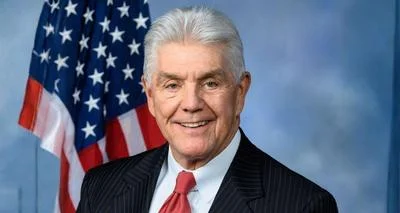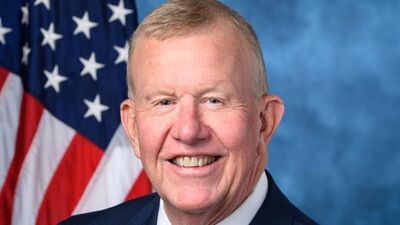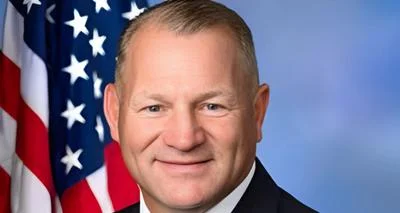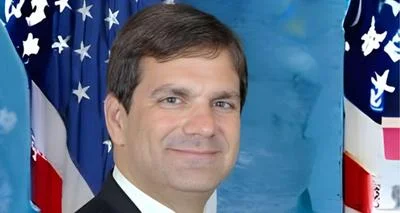Stephen Waguespack, acting president of the U.S. Chamber of Commerce Institute for Legal Reform (ILR), stated in a July 12 announcement that the Chamber supports new legislation requiring transparency around third-party litigation funding (TPLF) in civil court cases.
"For far too long, the litigation funding industry has operated in secret," said Waguespack. "Judges, plaintiffs, and defendants should know who is funding litigation in exchange for a cut of the settlement or award. The Litigation Transparency Act would be an important step in bringing much-needed transparency to this opaque industry. The U.S. Chamber of Commerce applauds Rep. Darrell Issa (R-CA) for his strong work on this consequential issue."
On July 11, Congressman Darrell Issa, chairman of the House Judiciary Subcommittee on Courts, Intellectual Property, and the Internet, introduced a discussion draft of the Litigation Transparency Act of 2024. According to a press release, the legislation would mandate that TPLF agreements in civil lawsuits be disclosed at the onset of the case. "This legislation is a breakthrough measure that will target serious abuses in our litigation system and achieve long-overdue transparency," Issa said. The press release also noted that current civil litigation is often funded by commercial lenders, hedge funds, and sovereign wealth funds operating through shell companies.
During a June 12 Subcommittee on Courts, Intellectual Property, and the Internet hearing, former Judiciary Committee Chairman Bob Goodlatte said TPLF can create a conflict of interest because parties funding the lawsuit aim to maximize their financial returns from it. "At times, this may come into conflict with the interests of plaintiffs and prevent plaintiffs and defendants from reaching fair settlements," Goodlatte said. He added that he had introduced bills requiring TPLF disclosure while in office and emphasized that such legislation is more urgent now than ever before.
According to the National Association of Insurance Commissioners, TPLF is having an "outsized effect" on social inflation, resulting in higher premium costs for all insurance policyholders.
Nationwide data from the U.S. Bureau of Labor Statistics indicated that car insurance costs increased by 0.9% in June and by 19.5% over the year ending in June. In contrast, overall inflation decreased by 0.1% in June and rose by 3% over the past year.
Waguespack joined the U.S. Chamber of Commerce in December after serving as president and CEO of the Louisiana Association of Business and Industry for nine years. He was also special counsel to the law firm Jones Walker LLP.









